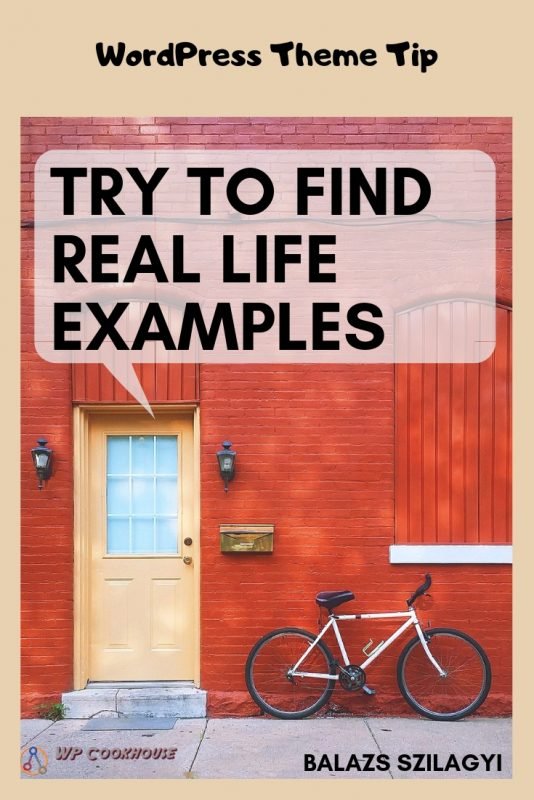



2019 Humphreys and Wang 2018 Krishna and Ahluwalia 2008 Puntoni, de Langhe, and van Osselaer 2009). The study of how consumers use words to express thoughts, feelings, and preferences is a topic of growing interest among consumer researchers ( Berger et al. Text analysis, natural language processing, language, sentiment analysis A discussion is also provided on the use of Wordify in conjunction with other text-analysis tools, such as probabilistic topic modeling and sentiment analysis, to gain more profound knowledge of the role of language in consumer behavior. We show empirically that Wordify’s RLR algorithm performs better at discriminating vocabularies than support vector machines and chi-square selectors, while offering significant advantages in computing time. We present illustrative examples to show how the tool can be used for such diverse purposes as (1) uncovering the distinctive vocabularies that consumers use when writing reviews on smartphones versus PCs, (2) discovering how the words used in Tweets differ between presumed supporters and opponents of a controversial ad, and (3) expanding the dictionaries of dictionary-based sentiment-measurement tools. The tool, Wordify, uses randomized logistic regression (RLR) to identify the words that best discriminate texts drawn from different pre-classified corpora, such as posts written by men versus women, or texts containing mostly negative versus positive valence.
Change wordify free#
This work describes and illustrates a free and easy-to-use online text-analysis tool for understanding how consumer word use varies across contexts.


 0 kommentar(er)
0 kommentar(er)
